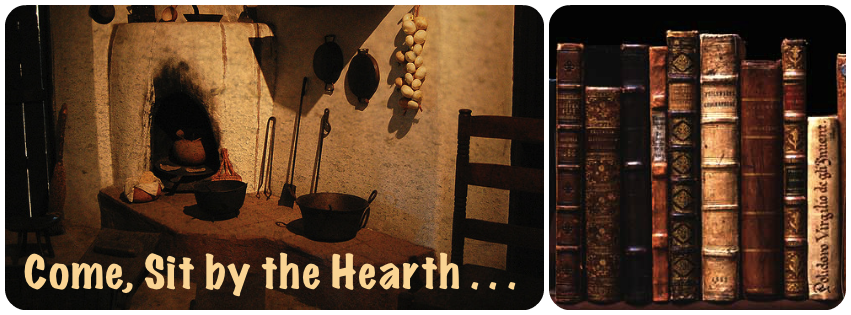The poets in this book span the time between the two World Wars and the era known as the Harlem Renaissance. If you don't like rhyming poetry, then you might not enjoy this book.
I, however, found that race hatred and its fruits, wrapped up in majestic verse, creates a terrible beauty that refuses to be ignored. Fear, anger, sorrow, hope, and pride all mingle in these worthwhile pages, and I came away educated and humbled.
Dunbar
- Anne Spencer
AH, how poets sing and die!
Make one song and Heaven takes it;
Have one heart and Beauty breaks it;
Chatterton, Shelley, Keats and I—
Ah, how poets sing and die!
The Moon is Always Female - Marge Piercy
All of the poems are personal, connecting the speaker with her life, her world, and her self. And many of them brought up my own memories and feelings.
Some poetry I read and find that I like it. Other poetry Crawls inside of me and makes camp. Many of the poems in this book are in the latter category.
You've probably figured out by now that I love this book.
My Mother's Novel
Married academic woman ten
years younger holding that microphone
like a bazooka, forgive
me that I do some number of things
that you fantasize but frame
impossible. Understand:
I am my mother's daughter,
a small woman of large longings.
Energy hurled through her
confined and fierce as in a wind
tunnel. Born to a mean
harried poverty crosshatched
by spidery fears and fitfully
lit by the explosions
of politics, she married her way
at length into the solid working class:
a box of house, a car she could
not drive, a TV set kept turned
to the blare of football,
terrifying power tools, used wall
to wallcarpeting protected
by scatter rugs.
Out of backyard posies
permitted to fringe
the proud hankey lawn
her imagination hummed
and made honey,
occasionally exploding
in mad queen swarms.
I am her only novel.
The plot is melodramatic,
hot lovers leap out of
thickets it makes you cry
a lot, in between the revolutionary
heroics and making good
home-cooked soup.
Understand: I am my mother's
novel daughter: I
Have my duty to perform.
The Trouble With Poetry - Billy Collins
Billy Collins makes me smile; sometimes he makes me think; but always he leaves me glad I read his poetry.
In keeping with his wry sense of humor, he begins this particular book with a thought about those of us who didn't write the book.
My absolute favorite piece reminds me of the poetry writing class I took in college. Allusion was the big thing, and although my peers wrote some beautiful poetry, some was so thick with allusion that I felt I needed a pick and shovel just to read it. And reading poetry became a chore rather than the pleasure it has always been for me. Do you think Billy has ever had that thought?I wonder how you are going to feel
when you find out
that I wrote this instead of you,
The Introduction
I don’t think this next poem
needs any introduction-
it’s best to let the work speak for itself.
Maybe I should just mention
that whenever I use the word five,
I’m referring to that group of Russian composers
who came to be known as “The Five,”
Balakirev, Moussorgsky, Borodin – that crowd.
Oh-and Hypsicles was a Greek astronomer.
He did something with the circle.
That’s about it, but for the record,
“Grimké” is Angelina Emily Grimké, the abolitionist.
“Imroz” is that little island near the Dardanelles.
‘Monad”-well, you all know what a monad is.
There could be a little problem
with mastaba, which is one of those Egyptian
above-ground sepulchers, sort of brick and limestone.
And you’re all familiar with helminthology?
It’s the science of worms.
Oh, and you will recall that Phoebe Mozee
is the real name of Annie Oakley.
Other than that, everything should be obvious.
Wagga Wagga is in New South Wales.
Rhyolite is that soft volcanic rock.
What else?
Yes, meranti is a type of timber, in tropical Asia I think,
and Rahway is just Rahway, New Jersey.
The rest of the poem should be clear.
I’ll just read it and let it speak for itself.
It’s about the time I went picking wild strawberries.
It’s called “Picking Wild Strawberries.”




I love Piercy's line "I am her only novel"
ReplyDelete